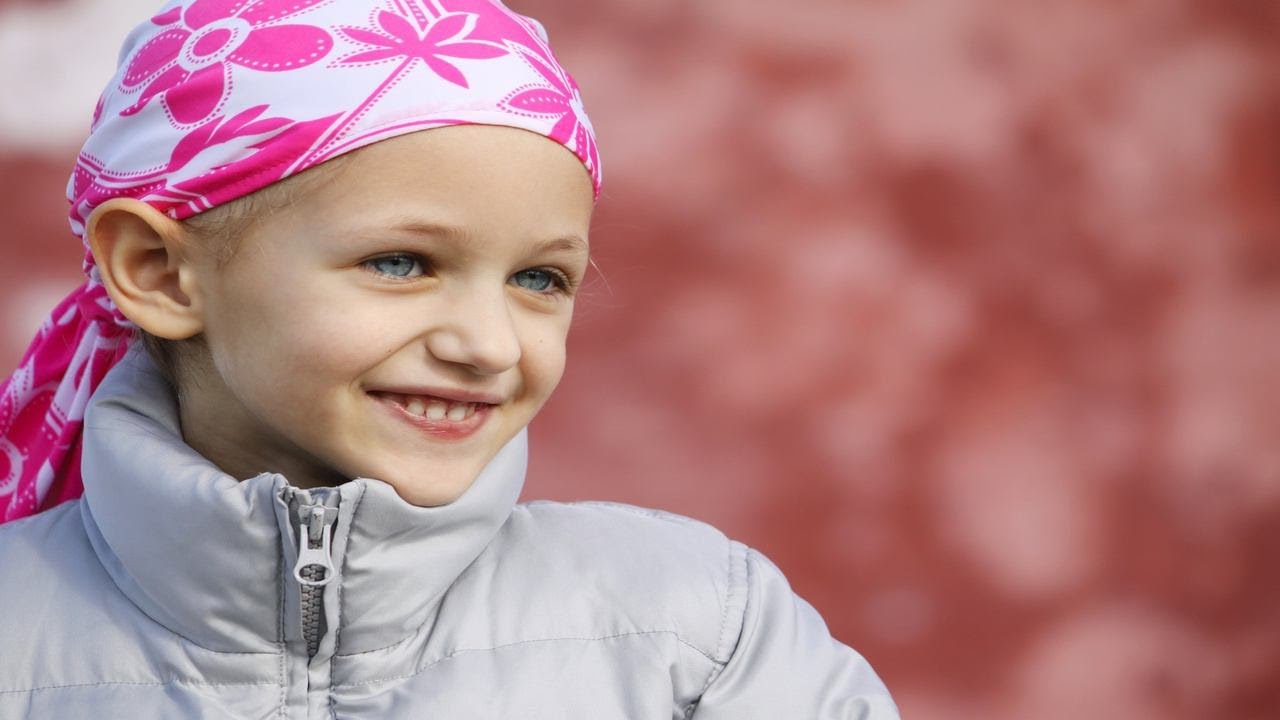
No child should suffer depression and anxiety without help, seek professional help for you and your child and here’s some resources for educating yourself along the way:
Freeing Your Child from Negative Thinking: http://amzn.to/1jOAGeu
How To Get Unstuck From The Negative Muck: http://amzn.to/1Pj1b7O
Depression and Your Child: A Guide for Parents and Caregivers: http://amzn.to/1LiG97G
What to Do When You’re Scared and Worried: A Guide for Kids: http://amzn.to/1jOAOuH
What to Do When You Worry Too Much: A Kid’s Guide to Overcoming Anxiety: http://amzn.to/1JThS2M
Watch more How to Deal with Child Anxiety & Depression videos: http://www.howcast.com/videos/517480-How-to-Help-a-Child-Cope-with-Cancer-Child-Anxiety
I’m going to talk to you about how to help a child cope with cancer. The first thing is to realize that it’s a child going through the experience and it might be different for them than it is for you watching them. You want nothing more than to take it away from them and actually be the one that’s in that bed or getting that medicine instead. But what you can do is not necessarily take the cancer away, but you can make sure that they have some skills for dealing with managing that cancer and living with that cancer.
When I worked with kids with cancer and their families, it was remarkable how resilient those children could be. But there were times when they had to manage an awful lot. When you are helping a child cope with cancer, you are helping them with two different kinds of things. One is the actual physical effects of the cancer and maybe the disease itself causes pain or different ability or they have limited abilities because of where the cancer is, if it’s a bone tumor or if they have leukemia blood disorder. And then they have to deal with the management of that physical aspects of the disease, whether there is the chemotherapy or radiation. And then there is the emotional aspect of the disease — how they feel about themselves, their identity, how they are integrated in their regular life with their friends in school.
And there is a few things that you can do to help them with all those different things they are dealing with. First is talk to them, be honest, use the real words, they are going to be around people talking about these things, and you want to make sure they understand what’s going on in very age appropriate language. You might use books or coloring books or help them express what’s going on with stories and pictures. And then you want to have them be involved and have some choice in whatever is going on. And again choice that’s appropriate to their age and their situation. A child doesn’t necessarily have a choice about taking their medicine, but they may be able to choose whether they take it with apple juice or chocolate milk. They may be able to choose whether they do it before their story or after their story. A teenager may be able to pick the days that they go for treatment because they still want to be involved with an extracurricular activity at school. So choice helps them feel more in control. It also means you want to have them involved with as many normalizing activities as possible, doing age appropriate things, things that their peers are doing, things that the family is doing, so that they don’t feel so different, or left out because cancer may make them feel like they are changed in some way and not like everybody else.
You also want to make sure you monitor how you parent these kids because these days, kids with cancer grow up to be healthy long-living adults. And what you do and how you parent them as a child now will impact them later on. So it means sometimes they still have appropriate limits. They don’t get spoiled with too many presents although people will of course give them some extra things, and that’s appropriate and sometimes even necessary. But you still want to make sure that who they are as kids and having all of those normal experiences both as a child that sometimes needs to go to bed on time as well as sometimes needs those extra hugs because they are going through something that’s a little tough.
You always want to make sure that children understand that the cancer is not their fault, and correct any misinformation they have or anything that’s in their imagination about what happened.